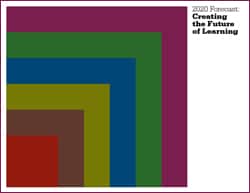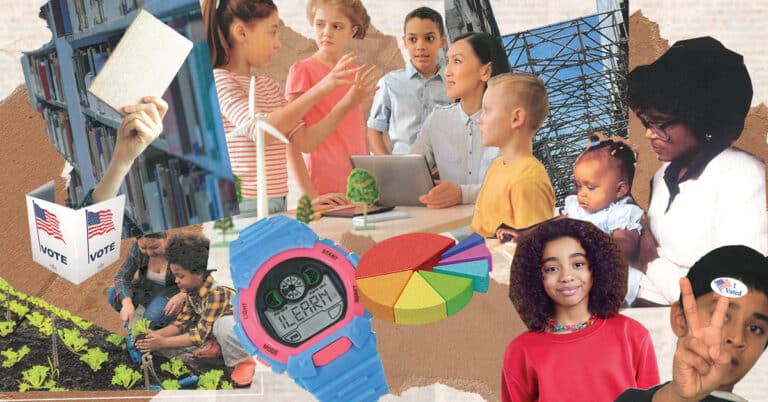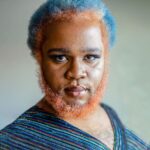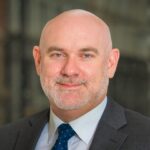 2020 Forecast: Creating the Future of Learning reveals how many of our fundamental relationships – with ourselves; within our organizations; and with systems, societies, and economies – are being reimagined and recreated in ways that will disrupt the status quo and challenge our usual disruptions. This forecast will help you explore how these different dimensions of our world are changing how we can all shape the future of learning.
2020 Forecast: Creating the Future of Learning reveals how many of our fundamental relationships – with ourselves; within our organizations; and with systems, societies, and economies – are being reimagined and recreated in ways that will disrupt the status quo and challenge our usual disruptions. This forecast will help you explore how these different dimensions of our world are changing how we can all shape the future of learning.






